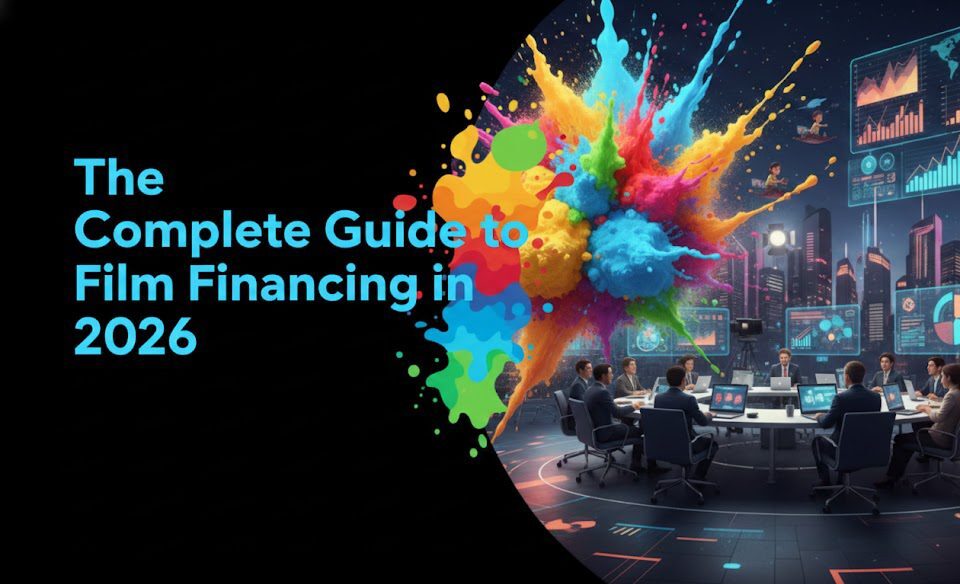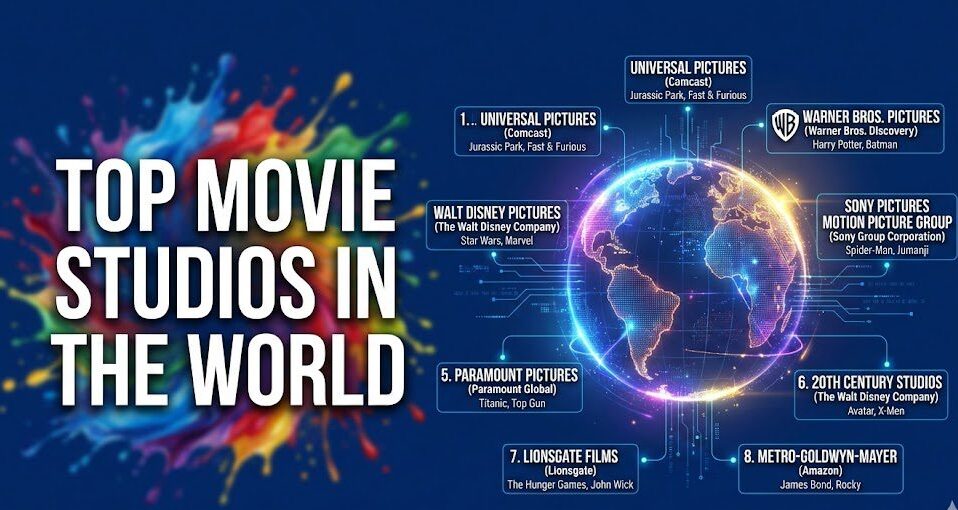Introduction
Programme formats are the backbone of the entertainment industry, shaping the way television shows, reality series, game shows, and scripted dramas are structured and produced. From globally recognized franchises like The Voice and Big Brother to regionally adapted scripted series, programme formats play a crucial role in content creation, adaptation, and distribution.
In today’s competitive media landscape, understanding programme formats is essential for broadcasters, production houses, and content distributors looking to expand their reach and maximize audience engagement. With increasing demand for localized content and format licensing, the ability to track successful formats, emerging trends, and key industry players is more critical than ever.
Find the Right Content Partners

What Are Programme Formats?
Programme formats refer to the underlying structure and concept of a television or digital show that can be adapted and localized in different markets. These formats can include game shows, reality shows, scripted dramas, and factual entertainment. A format’s core structure remains the same while allowing room for localization, such as changing hosts, adapting cultural elements, or modifying rules to fit the target audience.
Popular examples include “Got Talent”, “The Voice”, and “Who Wants to Be a Millionaire?”, which have been successfully replicated across multiple countries while maintaining their fundamental concept.
Types of Programme Formats
Understanding the different categories of programme formats is essential for media professionals looking to license, distribute, or produce content. Below are the key types:
1. Reality Formats
These include competition-based shows, dating shows, and social experiments, such as:
- Survivor (adapted globally with unique twists per country)
- Big Brother (localized across multiple markets)
2. Game Show Formats
Classic examples involve quiz-based or challenge-driven formats, such as:
3. Scripted Formats
These are drama series or sitcoms adapted from one country to another while keeping the essence of the storyline. Examples include:
- The Office (UK → US, India)
- House of Cards (UK → US adaptation)
4. Factual Entertainment Formats
These involve real-life stories, docuseries, and infotainment. Examples include:
- MasterChef (adapted globally)
- Pawn Stars (remade in various countries)
5. Kids & Animation Formats
Children’s content follows a unique adaptation model, focusing on cultural nuances and educational goals.
- Teletubbies (localized for different audiences)
- Peppa Pig (dubbed and adapted worldwide)
Why Programme Formats Are Important
Programme formats are a crucial element in content acquisition and distribution because they:
- Minimize Risk: Proven success in one market increases the chances of success in another.
- Allow Cultural Adaptation: Enables localization while maintaining a familiar core concept.
- Create Global Franchise Value: Shows become recognizable brands with built-in audiences.
- Encourage Revenue Streams: Licensing and adaptation create opportunities for syndication, sponsorships, and merchandising.
Stay Ahead with Industry Insights

Global Trends in Programme Formats
1. Demand for Localized Storytelling
While global formats remain popular, audiences increasingly demand locally relevant adaptations.
2. Streaming Platforms & Digital-First Formats
OTT platforms like Netflix, Amazon Prime, and Disney+ are commissioning original formats with global appeal.
3. Cross-Genre Hybrids
Formats blending reality, competition, and scripted elements (e.g., Squid Game: The Challenge).
4. Interactive and Social-Driven Content
Formats that integrate audience participation, such as live voting, social media-driven narratives, and gamification.
Challenges in Format Adaptation and Distribution
Despite the advantages, adapting and distributing programme formats presents several challenges:
1. Licensing & Rights Management
Ensuring proper licensing agreements to avoid intellectual property disputes.
2. Cultural Sensitivities & Market Differences
Adapting formats without losing their essence while respecting cultural norms.
3. Budget Constraints
Producing high-quality localized adaptations can be costly.
4. Evolving Viewer Preferences
Audience engagement shifts with trends, making long-term success uncertain.
How Vitrina Helps with Programme Formats
Vitrina provides comprehensive industry insights and market intelligence for entertainment professionals looking to work with programme formats.
How Vitrina Benefits Industry Leaders:
✔ Discover Format Licensing Opportunities – Identify content buyers and sellers across 100+ markets.
✔ Track Global Adaptation Trends – Stay ahead of emerging format opportunities.
✔ Connect with the Right Partners – Access detailed company and executive profiles.
✔ Gain Competitive Insights – Analyze which formats are gaining traction and where.
For production companies, distributors, and streaming platforms, Vitrina simplifies content acquisition, partner matchmaking, and competitive analysis, ensuring smarter, data-driven business decisions.
Conclusion
Programme formats drive global television success, offering a scalable content model for different markets. As the demand for localized, cross-genre, and interactive formats grows, industry professionals need data-driven solutions to navigate the changing landscape.
With Vitrina’s extensive industry network, project tracker, and competitive intelligence tools, businesses can identify, qualify, and connect with the right format opportunities, ensuring a streamlined approach to content acquisition and adaptation.
Frequently Asked Questions
A programme format is the conceptual framework of a TV or digital show that allows for localization while maintaining core elements.
Reality shows (The Voice), game shows (Who Wants to Be a Millionaire?), and scripted dramas (The Office).
Vitrina enables format tracking, market intelligence, and partner matchmaking, helping companies find licensing and distribution opportunities.

































